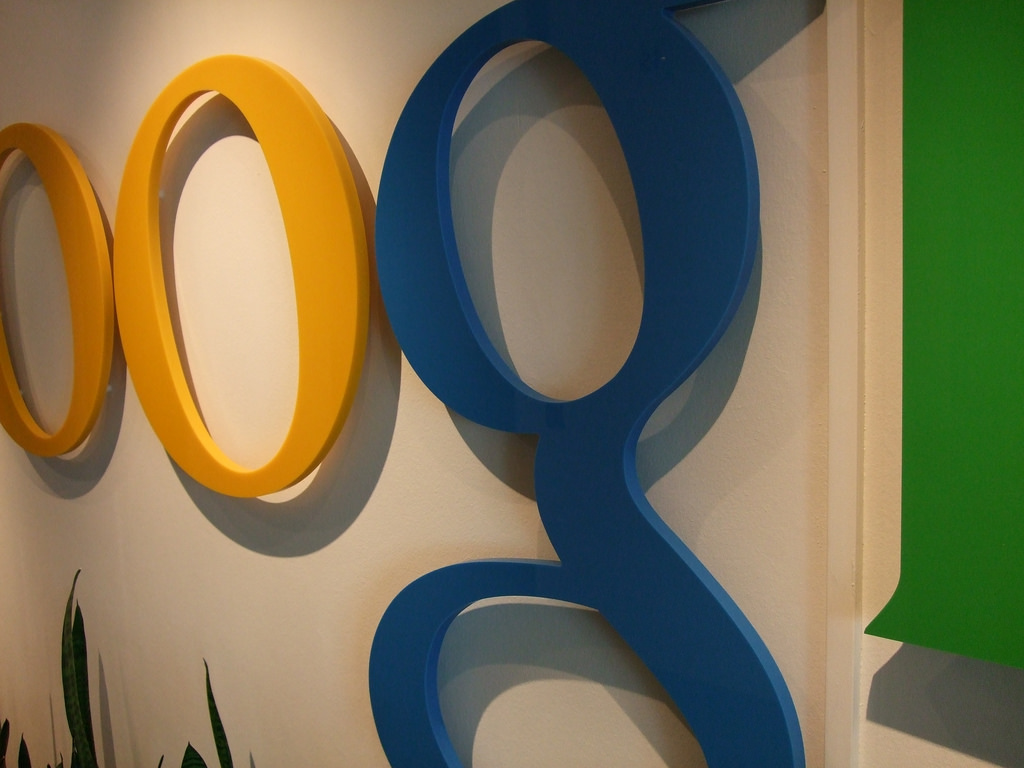 INFRA
INFRA
 INFRA
INFRA
 INFRA
INFRA
Google Inc. never misses an opportunity to tout its open-source chops, pointing out that it has contributed many technologies for public use. Today, it’s launching a new website to showcase those efforts — and maybe serve as a guide for other companies looking to dive into open source development.
The site, at opensource.google.com, brings together all of its open-source initiatives, which it says number about 2,000 comprising millions of lines of code. They include well-known projects such as TensorFlow and Kubernetes as well as smaller ones such as Piano and Neuroglancer.
Currently they’re lodged in various places, from 100 organizations on the software code repository GitHub to Google’s self-hosted Git service. “There’s no one place for all these projects,” Will Norris, manager of Google’s open source programs officer, said in an interview.
Google is also launching a directory of its open-source projects, including information about how Google itself uses them internally. Not least, the company for the first time is revealing how it does open source projects. From Norris’s blog post today:
These docs explain the process we follow for releasing new open source projects, submitting patches to others’ projects, and how we manage the open source code that we bring into the company and use ourselves. But in addition to the how, it outlines why we do things the way we do, such as why we only use code under certain licenses or why we require contributor license agreements for all patches we receive.
Overall, said Norris, “our hope is to get more companies talking about how they do things and create more consistency across projects.”
Although he wouldn’t admit to other reasons for the new website, it’s worth noting that the company has a stake in promoting itself as one of the most prominent contributors to open source. In antitrust charges filed by the European Union, Google has been accused of unfairly limiting the way its Android software can be used, supported in part by the group Fairsearch’s claim that giving away the mobile operating system is predatory. So Google has an interest in putting forward the notion that it contributes a lot back in the form of open-source projects.
Norris conceded that Google’s style of open source development won’t work for every company. “Some companies want to wait for a technology to mature” before open-sourcing it, he said. “We’re more comfortable with releasing it early on.”
THANK YOU